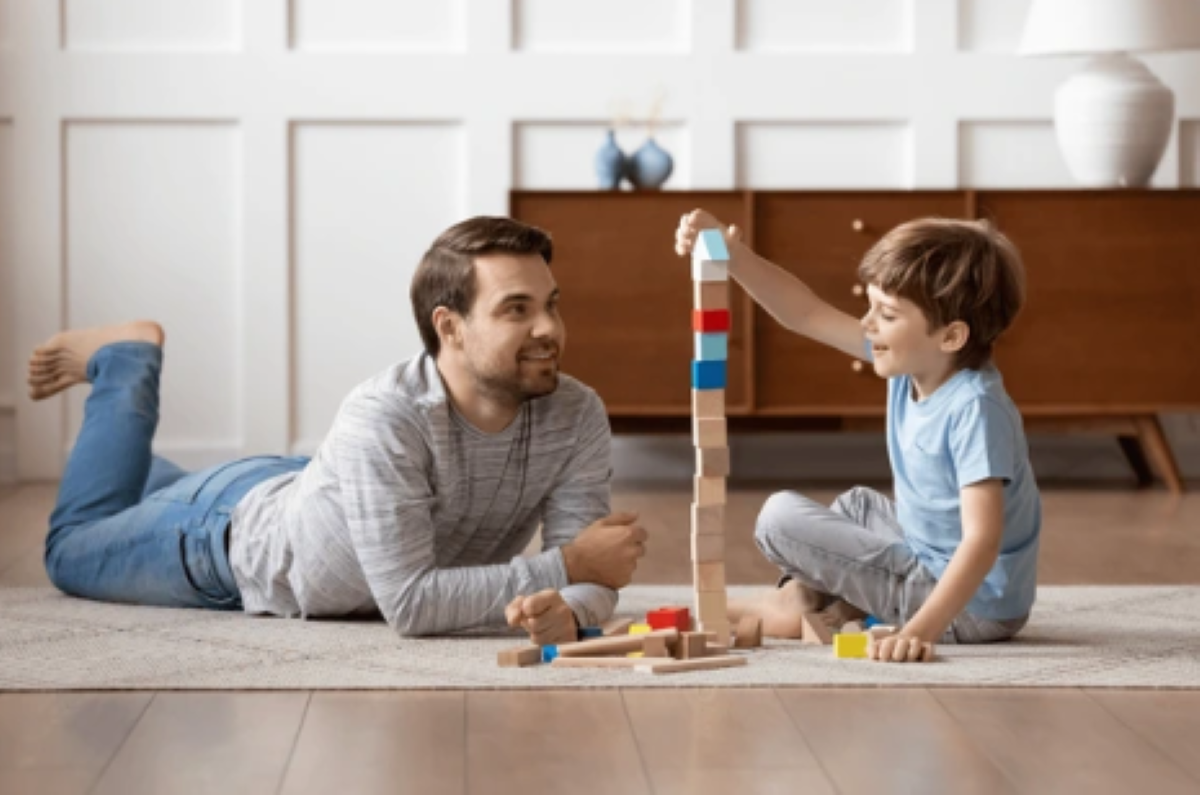
Kids love to play and adults enjoy watching or joining in, we often underestimate Importance of play in child development. Instead of viewing play as just a fun distraction, research shows that free play is vital for children's growth, helping them learn about the world, themselves, and how to interact with others. Many people might dismiss play as less serious by saying things like "oh, they're just playing," but studies indicate that unstructured playtime fosters creativity, social skills, and problem-solving abilities. Let’s now discuss more about what is play and what is the role of play in child’s development?
When people use the word "play," they might mean different things like playing sports, video games, or even pretending to be someone else. But in psychology and education, experts have a more specific understanding of what play is. Here are the key points about play:
In the world of adults, we often prioritize hard work. We are focused on achieving our goals and completing our responsibilities. As a result, we might see play as just a pleasant break or, at worst, a total waste of time unless it helps us with our objectives. When we look at how children play, we might think of organized activities like sports as valuable, while spontaneous play seems pointless.
However, in a child's life, play is far from a waste of time. Research over the years has shown the benefits of children’s play. Unstructured play, which is when children play freely without strict rules, is essential for their physical, social, cognitive, and emotional health. It plays a key role in promoting healthy development and supports children's learning.
Play is essential for children to develop and refine their physical, social, cognitive, and emotional abilities and skills.
When kids play, they do activities like running, jumping, climbing, and dancing. These activities help them become stronger, more agile (able to move quickly), and better at coordinating their movements (like balancing). For example, when a child jumps rope or runs around, they are building their muscles and improving their balance.
Play helps kids learn how to interact with others. They can play alone, especially younger children, but playing with others teaches them how to share, cooperate, and take turns. For instance, when kids play a game together, they learn how to work as a team and how to get along with their friends.
Play also helps cognitive skills and development in children. Both playing by themselves and with others can improve skills like talking, solving problems, remembering things, and paying attention. For example, when kids play pretend, they use their imagination, which boosts their creativity and thinking skills.
The main role of play in child’s development comes when children learn about their feelings and the feelings of others. When they pretend to be different characters, they can understand different viewpoints. This imaginative play helps them learn who they are and how to express their emotions.
Often, when children play, they are developing multiple skills at the same time. For example:
The way children play evolves as they move from infancy through early childhood and into their teenage years. When infants and babies play, they engage in basic, repetitive actions and interactions. As children grow older, their play becomes more varied and intricate.
Babies mainly play alone by doing simple activities, like putting their hands in their mouths or playing with toys like soft spoons and paper. These actions help them develop skills like coordinating their movements and focusing on things. They also start to recognize and interact with other people by smiling or playing peek-a-boo. During this time, babies begin to build strong connections with their parents through these interactions.
Toddlers are more active; they love to run and climb. They notice other kids playing and may watch them, but they don’t always join in right away. Toddlers also like to pretend and imitate what adults do, such as cleaning or talking on the phone. They don’t require many toys. Simple things like blocks, puzzles, and everyday household items are great for play.
Preschool children start to play more with other kids rather than just alongside them. They enjoy playing together and often want to do things on their own. Through play, they learn important skills like coordinating their movements, communicating with others, sharing, and solving problems.
Once kids reach school age, they are much more independent. They engage in more interactive games with friends, working together and cooperating during playtime.
Related: Treatment for Common Pediatric Ear, Nose, and Throat Issues
Play in child development is an essential component, significantly influencing a child's physical, emotional, and social growth. Through play, children develop critical skills such as problem-solving, creativity, and teamwork, all of which lay the foundation for lifelong learning and adaptability. As parents and caregivers, fostering an environment rich in play opportunities can help nurture these essential skills. For families seeking expert guidance on child development and health, consider the best pediatrics hospitals in Mumbai at Dr Hiranandani Hospital. Our dedicated team provides comprehensive care and support, ensuring that your child's growth and developmental milestones are met with the utmost attention. By recognizing the importance of play and accessing quality health resources, we can collectively contribute to healthier, happier futures for our children.